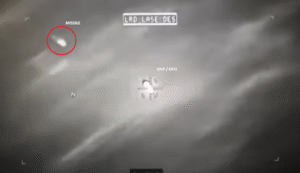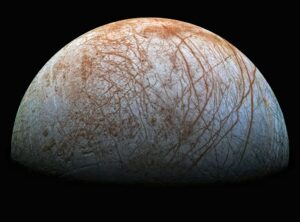What is a day in astronomy?
Carolyn Collins Petersen is an astronomy expert and the author of seven books on space science. She previously worked on a Hubble Space Telescope instrument team. The definition of a day is the amount of time it takes an astronomical object to complete one full spin on its axis.
what is astronomical time
What is an astronomical clock?
The term is loosely used to refer to any clock that shows, in addition to the time of day, astronomical information.
what is astronomy day
What is the difference between astronomy and Astronomy Day?
While Astronomy Day was created in 1973 and amended in 2006, astronomy itself goes all the way back to antiquity. In fact, it is one of the oldest natural sciences in the entire world.
how long is an astronomical day
How long is a day?
Updated July 19, 2019. The definition of a day is the amount of time it takes an astronomical object to complete one full spin on its axis. On Earth, a day is 23 hours and 56 minutes, but other planets and bodies rotate at different rates. The Moon, for example, spins on its axis once every 29.5 days.
what is astronomy day
What is the unofficial astronomy holiday?
The unofficial holiday is an attempt to raise the interest of the general public in astronomy by giving them easy access to astronomical instruments such as telescopes. The holiday also seeks to bridge the knowledge gap by giving the public a chance to interact with astronomers and space scientists.
how long is an astronomical day
How long is a day on the Moon?
The Moon, for example, spins on its axis once every 29.5 days. That means future lunar inhabitants will have to get used to a sunlight "day" that lasts for about 14 Earth days and a "night" that lasts about the same time. Scientists typically measure days on other planets and astronomical objects in reference to Earth’s day.
what is astronomical time
What is International Atomic Time?
International Atomic Time (TAI) is the primary time standard in the world today. It is the combined input of many clocks around the world, each corrected for known environmental and relativistic effects. A few clocks, such as the cesium clock ensemble at the U. S. Naval Observatory, carry considerable weight in the TAI.
what is astronomy day
What’s happening with astronomy days?
The table below shows the dates for up coming Astronomy Days: The Astronomical League canceled the in-person event in 2020 due to the global pandemic of COVID-19 virus. Some organizations, such as the Lowell Observatory, hosted virtual events to continue the tradition.
how long is an astronomical day
How long is a solar day?
The Short Answer: When you think of a day, you normally think of one cycle of daytime to nighttime. That is called a solar day. On Earth, a solar day is around 24 hours. However, Earth’s orbit is elliptical, meaning it’s not a perfect circle.
astronomy 3as paragraph
What are some good introductory books on astronomy and Astrophysics?
The New Cosmos: An Introduction to Astronomy and Astrophysics. Springer. ISBN 978-3-540-67877-9. Kroto, Harry, Astrophysical Chemistry Lecture Series.



